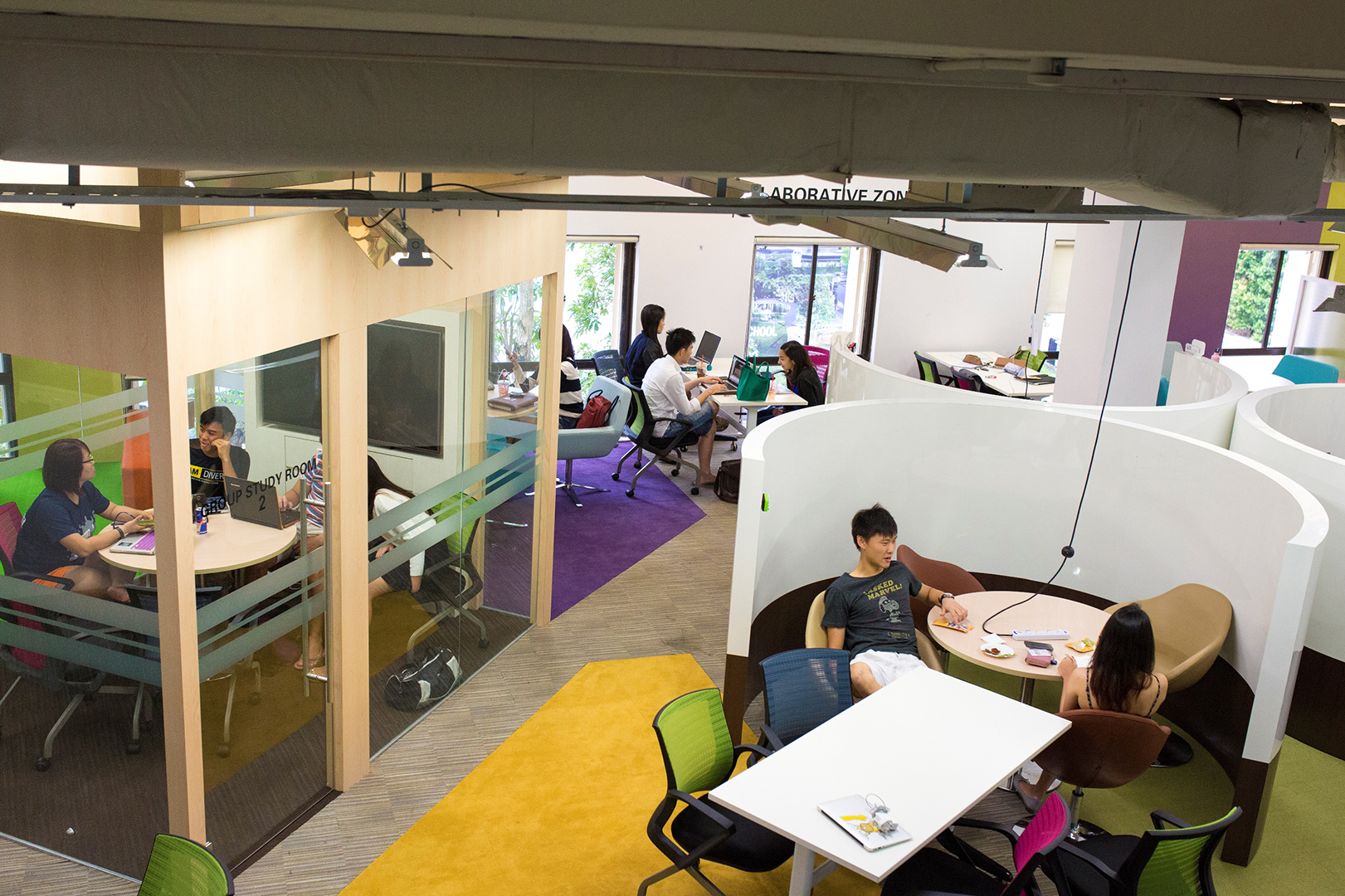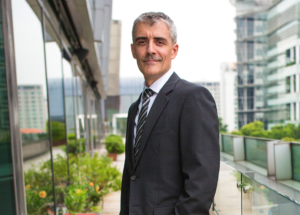Singapore Management University has been experimenting with teaching styles, and is scaling up a new hands-on program. Called SMU-X, the program is a 15-week course that allows student teams to partner with local companies to solve real business problems. The university has had smaller courses and pilot programs for some time now, says Gerry George, dean of the Lee Kong Chian School of Business at SMU, but this was the first year every senior-year student took it.
Reactions were mixed. “Students have said everything from, ‘It’s fantastic and fabulous’ to, ‘It’s far too much work,’” George says. Many, however, reported enhanced learning experiences and job offers.
SMU-X will be expanding even more in coming years, George says, so students can participate more than once in their undergraduate career, and a new building is being built for the program.
SMU is a young school — a millennial, if you will, George says. Founded in 2000, it has grown from 300 students to over 9,000; the business school is about 40% of the university, with 4,000 students. Of these, 3,000 are undergraduates. SMU was built on an American-style university model, with Wharton School of Business as a partner. “The idea is that other universities here are more traditional. Singapore needed a university that had a more American style — more problem solving,” George says.
INSPIRED BY A SMALL CLASS
SMU-X is considered an innovative way for students to get hands-on experience, and is the brainchild of SMU President, Professor Arnoud De Meyer. Before becoming a required program, several SMU-X classes were pilot-tested. Professor Lieven Demeester, who co-taught one of those classes, is from Belgium. He did his Ph.D. at UCLA and started teaching at SMU in 2008.
Demeester’s experiential learning class was introduced in 2010, and is now one of many within SMU-X. He says the classes are different from other B-school classes because the students work on real-world projects with real-world partners. Each student team is assigned a business partner. They function as consultants, heavily coached by the professor of their class.
But it is the professors who make the connections, Demeester says. That way, they have a stake in the success of the project, because they’re putting their own relationships with business partners on the line. Last semester, Demeester was responsible for four teams.
He says his class uses on the Six Sigma methodology, a data-driven approach for eliminating defects. Students would read about a particular tool or skill on their own, discuss it together or do an exercise in class, then apply it to their project the following week.













Questions about this article? Email us or leave a comment below.